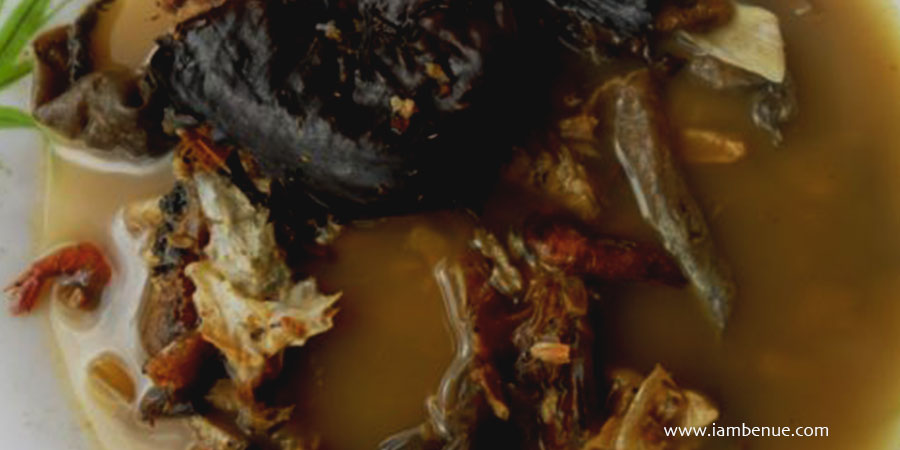
Omugwo Also Known As After-Birth Care In Nigeria
‘Omugwo’ is an Igbo word that is used to describe the practice in which a nursing mother and her baby is taken care of by a close family member. In most cases, it is done by the mother or mother-in-law except in the case where they are not available, then another close female family member steps in.
This practice though made popular by the Igbo speaking tribe of the country is also observed by other tribes in Nigeria but called by different names. In some cases, it is the mother (or female relative) of the nursing mother that does the taking care of. In other tribes, it is the mother-in-law that does the honours; in some tribes, the care is done in the nursing mother’s home, while in some, the nursing mother and the baby go to her parents home for a period of time to be taken care of but whatever method is applied, the bottom line is that, all involves care of the mother and her baby.
All young upcoming women should be encouraged to ask questions on post-delivery tips from older experienced women and gynaecologists
The main reason for the practice is to help the nursing mothers regain ‘her body back,’ this means regaining both her strength from being nine months pregnant and also regaining both her physical appearance especially her skin colour. Most women experience darkening of their skin (Chloasma) during pregnancies and this treatment done at this point would help deal with that. There is also the help with getting the bulging stomach flat again; most young mothers today seem to agree with this tradition especially for this part of losing the pregnancy tummy.
Basically, apart from having to look after the baby, most of the treatment feels like your everyday spa treatment. It involves a lot of massages both the regular massages and hot water treatments. Even the babies get to be massaged too. Massaging the baby is believed to make their bodies more flexible and also helps in structuring the shape of their heads & legs.
In this period, the person in charge of the omugwo baths and massages the nursing mother with hot water, this bath in the Northern part of Nigeria is popularly known as “wankan jego” where sometimes mixed with herbs for quick recovery. It is essential for the nursing mothers to eat lots of vegetables due to loss of blood, hot peppered soup, drink hot water and hot meals as it helps in breaking down left over lumps of blood still in the stomach. The blood equally comes down as ‘menstruation’ which takes a while before it stops and the mother resumes her normal menstrual flow. The mother is expected to rest well during this period to avoid dizziness and eclampsia.
It is often essential for every nursing mother to pass through this period to regain their health and body fitness back. The care taker of the omugwo is to monitor the nursing mother as she breastfeeds or feeds through the bottle to ensure the baby’s head is well positioned to avoid choking the baby. The mother, mother-in-law or close relative does all the domestic chores and ensures that, the nursing mother eats regularly to help produce her breasts milk.
The nursing mothers are taught how to tie their tummies especially the navel with a tight wrapper or girdle (that is for normal delivery not used for caesarian section: C.S) to help massage the tummy into flattening it and breaking the clots of blood left in the stomach.
Finally, all young upcoming women should be encouraged to ask questions on post-delivery tips from older experienced women and gynaecologists. They should not see the omugwo period as a period to get angry over anything being done to them or for them.
Appreciation to Uduak Ubak blog.

Kakra
Wow! Beautiful! Thanks iambenue
Rose Reid
Is there a book I can buy to learn how to care for the mom after the baby is born ?